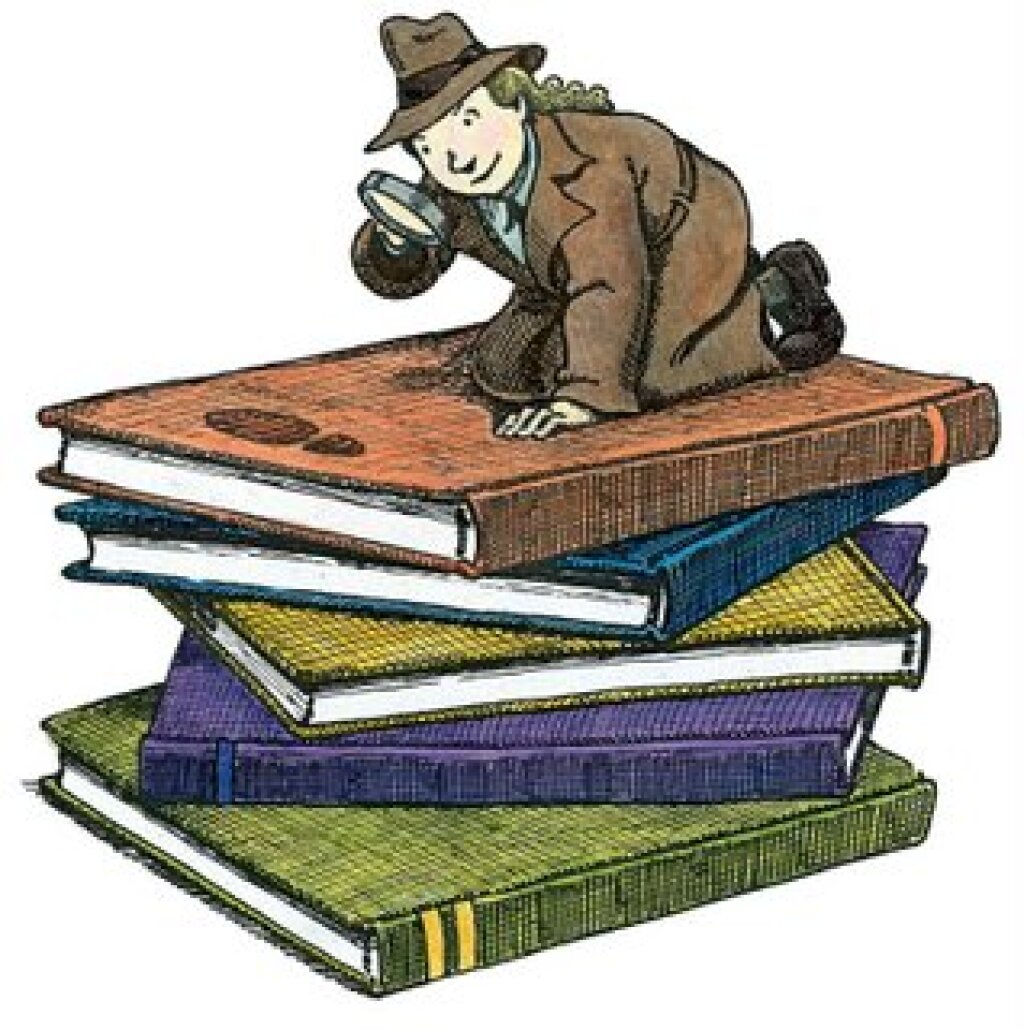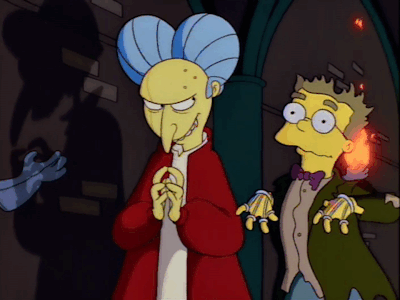This is Part I in a two-part series. Part II will appear tomorrow, 12/22.
Anna Gomboeva is an indigenous Siberian activist and a PhD candidate in the Department of Slavic Languages and Literatures at the University of Virginia.
In January 2023, celebrated Russian writer and liberal intellectual Dmitry Bykov debuted a new satirical poem. Titled “Aren’t you a Papuan [Skol’ko raz ne papuas],” it ran on the YouTube channel of “Citizen Poet”—a popular, long-running project dedicated to Bykov’s topical commentary in verse. This particular poem was Bykov’s sarcastic reaction to the Kremlin’s renewed attempts to align its antagonism toward the West with the anti-colonial struggle in the Global South. Although the hypocrisy of this alignment must certainly be exposed through global decolonial critique, Bykov had a very different agenda in mind.
Commenting on Russia’s diplomatic isolation after 24 February 2022, he depicted Russian minister of foreign affairs Sergey Lavrov as a crocodile who faces diplomatic retaliation for Russia’s attack on Ukraine. In the poem, the West banishes him to Africa because “Africa is the right place for crocodiles.” Angry and bitter, Lavrov the Crocodile says that “black is more fashionable now than white” and befriends the indigenous peoples of Eritrea and Eswatini, who welcome him because “their main currency is the AK-47” and because they are just as dismissive of human rights as Lavrov. In the end, indigenous peoples kill Lavrov and eat him.
The egregious mishmash of indigenous groups from various parts of the world and the weaponization of old colonial stereotypes testifies to the deliberate nature of Bykov’s racism. Painting the West as democratic, liberal, and white (“Anglo-Saxon”), he denigrates its critics through racist imagery. Although the African countries he name-drops have a long colonial history and valid reasons for opposing the West, Bykov equates their struggle with Russia’s “Great Power”-esque quest for neocolonial influence. To justify this conflation, he uses racist tropes about people of color and indigenous peoples to embarrass Lavrov and Russia by association. In doing so, Bykov plays into Kremlin propaganda that tars Ukrainians and anyone who supports them as “Nazis” and racists serving Western imperialism.
The West in Bykov’s imagination appears as a supreme global judge with an uncontested right to adjudicate good and evil. As Rossen Djagalov has demonstrated, the Russian liberal intelligentsia sees Europeanness as a universal measure of morality. In this framing, a “European” is democratic and modern, geographically and historically related to the West—and white. For commentators like Bykov, contemporary social justice movements such as Black Lives Matter threaten the idea of a white, respectable and morally good “Europeanness”, and they use racism to separate themselves from anything that, in their opinion, does not live up to their “European standards” of morality and respectability.
Racism as a form of discrimination protects the superiority of whiteness and Europeanness across contexts, and it controls socioeconomic relations that determine white superiority. In this essay, I argue that any anti-racist discourse must emphasize the political and economic function of racism in colonial and capitalist systems. Without such emphasis, we risk interpreting racism as a mere moral failure that has little to do with economic and political systems in power. In the first part of this essay I will discuss systemic colonial violence in Russia that remains in place regardless of the regime in power or the ideology in fashion. In the second part, I will describe recent racist binary constructs of “Europeanness” and “Asianness” that arose during Russia’s annexation of Ukrainian territories, and how both liberal and Kremlin media weaponizes them for their own purposes.
Race is a socially constructed categorization of humans that arose in eighteenth- and nineteenth-century Europe at the height of European imperialism. The underlying belief in the essential abilities and qualities of different races arranges human beings within a strict hierarchy to justify violence against those who are placed lower in the hierarchy. Racial stratification may vary by region or historical context, but is generally crowned by the idea of “whiteness,” with those classified as “white” considered superior to those who are not. Racism is an instrument of power with concrete economic functions in the global capitalist structure. To this day, perceived racial hierarchies justify economic exploitation and political subjugation of individuals, groups, and countries deemed “non-white.”
The racism of the Russian liberal intelligentsia is a local symptom of the global colonial and capitalist system. Bykov’s condescending attitude toward the Global South and the East recalls Western Orientalist frameworks that acquire local context within home-grown Russian colonialism. After all, Moscow’s imperial power and wealth originates in remote places that became part of Russia as a result of military intervention and dispossession.
Like Western European colonialism, Russia’s political power and global economic reach have historically depended on the extraction of natural resources from lands that the Russian state conquered and took from indigenous peoples. “Russian” oil and gas do not come from underneath Moscow’s Red Square, but from the lands of Khanty, Mansi, Nenets, Tatar, Bashkir and Chukchi people who were conquered by Muscovy at around the same time as Western European empires colonized Africa, parts of Asia, and America.
The wealth stolen from North Asia (Siberia) has made Moscow home to the wealthiest and the most powerful people in the country. As colonial metropoles, Moscow and Saint Petersburg provide their residents with better education, infrastructure, and social services than Russian citizens elsewhere receive. For this reason, according to a 2022 survey, Moscow and Saint Petersburg have the highest quality of life index in Russia. The same survey shows that regions in Siberia, where Moscow extracts the wealth, are among those with the lowest quality of life. The financial and infrastructural gap between the Russian metropole and the rest holds true in all spheres of life, including academia.
Like the pro-Putin elites they oppose, the Russian liberal intelligentsia is disproportionately rooted in Moscow and Saint Petersburg—either by birth and upbringing or through professional ties. In spite of their common origins and sites of operation, these two groups relate differently to ordinary Russian people. Through the official Kremlin media, pro-Putin elites aspire to be relatable to the commoner, romanticizing poverty and associating silent compliance of marginalized people from poor regions with patriotism.
By contrast, the educated liberal intelligentsia distinguishes its enlightened democratic “Europeanness” from the backward authoritarian “Asianness” of the rest of the country. Dmitry Bykov once explained the failure of Soviet modernization as a return to the “immoral, uncivilized, devious East.” Assassinated leader of the Russian democratic movement and prominent Putin critic Boris Nemtsov also connected Russia’s tendency for authoritarianism to “Asianness [aziatchina].” As recently as 2023, liberal Russian journalist Ksenia Sobchak characterized the Russian law banning sex reassignment surgery as “medieval Asianness.”
Russian liberals thus present themselves as “civilized Europeans” who would like to fix the “backward Asianness” of Russia. By drawing such Orientalist distinctions, these figures justify the existing colonial economic relationship between the wealthy “European” metropole and its impoverished, “Asiatic” provinces. Meanwhile, both pro-Putin elites and liberal opposition leaders benefit from Moscow and Saint Petersburg’s dependence on the economic resources of North Asia. Both groups manipulate the Orientalist binary, and, as I will show in the second part of this essay, have similar goals in mind.



